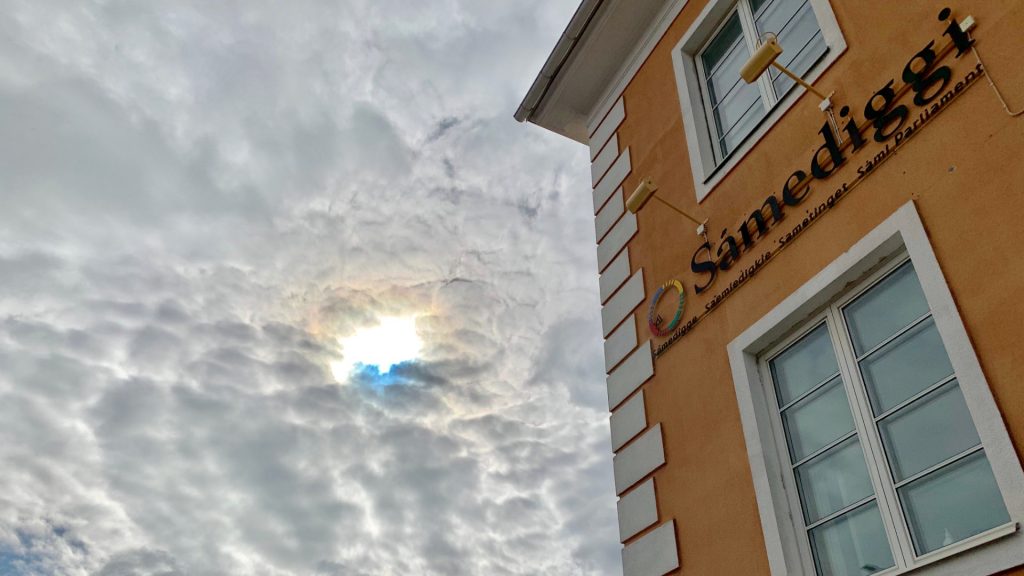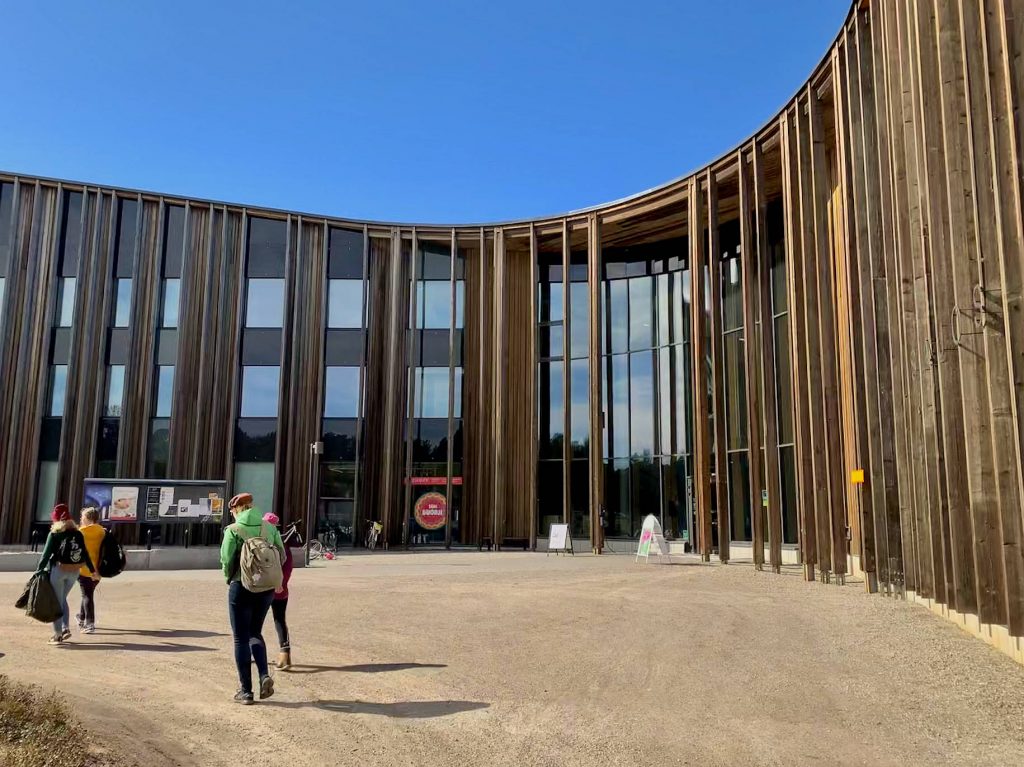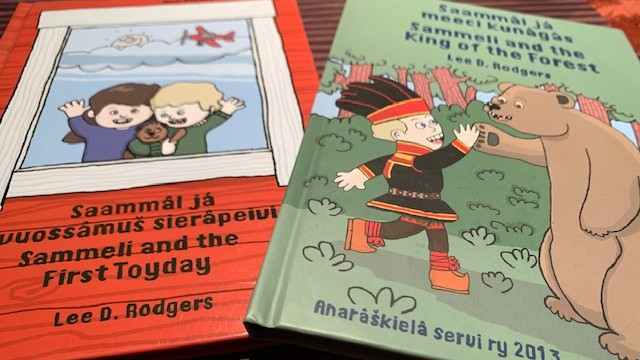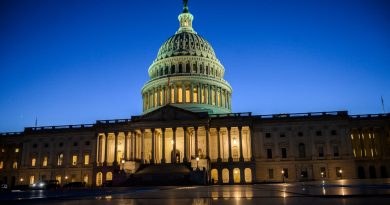Budget cuts threaten Sami-language development, Indigenous leaders say

Proposed budget cuts in Sweden and Finland could threaten the development of Sámi languages and leave the body responsible for safeguarding them in a funding crisis, Sami leaders said.
Sámi Giellagáldu, the Sami language authority, was set up in 2013 to work on Sami language issues and to create new terminology.
In Finland, cuts to the Sámi Parliament in the 2025 budget will reduce funding allocated to Sámi Giellagáldu, while Sweden’s budget proposal for the same year has cut its funding entirely.
Sámi leaders say the financial impacts could put their cultural heritage at risk.
“The reductions cause uncertainty about the development of the Sami languages in the future,” leaders of the Sámi parliaments in Norway, Finland and Sweden said in a joint statement this month.
“Funds, which were previously allocated to support the standardization of the language, have now been reduced, and it threatens the foundation of the entire Sámi language work.”
A cross-border language authority is key to supporting the health of Sami languages, Indigenous leaders say.

The Sami are an Arctic Indigenous people whose traditional homeland stretches across Arctic Finland, Sweden, Norway and Russia’s Kola Peninsula — a region they collectively refer to as Sapmi.
In the Nordic countries, there are an estimated 30,000 speakers of Sami languages in total. An estimated 25,000 people speak North Sami, while Pite Sami is spoken by an estimated 30 people.
The different variations of Sámi makes standardization work challenging, especially as knowledge of these languages in some regions is very small.
Future of language projects in question
As a cross-border body, Sámi Giellagáldu was created to help promote and support Sami language use across the Nordic region, and does everything from developing spell checkers to creating terminology that can be used in everyday life, whether in government or on the internet.
While Norway has maintained its financial support for Sámi Giellagáldu, the proposed cuts in Finland and Sweden could threaten current language projects and impact Sami participation in everything from government offices to the digital world, the leaders said.

“The Sámi languages are small languages in a fragile situation, and it is difficult to find linguistic expertise in all countries,” the joint statement said. “Cross-border language cooperation is therefore important in order to maintain the common basis of the Sámi languages.”
The leaders also criticized the timing of the cuts, which come during the UN Decade of Indigenous Languages (2022–2032), a global initiative urging national and international action to address Indigenous language loss and secure funding, in collaboration with Indigenous Peoples, for its successful implementation.
“”The UN Decade of Indigenous Languages (2022–2032) offers governments an excellent opportunity to ensure the long-term development of the Sámi languages,” they said. “The proposed budget reductions in Sweden and Finland undermine this goal.”

Leaders from the Sámi parliaments in Finland, Sweden, and Norway are calling on their governments to reverse the cuts, arguing that the Sámi languages are not only a part of indigenous identity but a key part of the cultural heritage of all three countries, that requires stable, long-term funding.
“Funds that have previously been earmarked to support language standardization have been removed, thereby jeopardizing the basis for all language work and for common Nordic language efforts,” they said. “We call for immediate action to preserve the funding for Sámi Giellagáldu and ensure the future of the Sámi languages.”
“We call for immediate action to preserve the funding for Sámi Giellagáldu and ensure the future of the Sámi languages.”
Comments, tips or story ideas? Contact Eilís at eilis.quinn(at)cbc.ca
Related stories from around the North:
Canada: Mark Indigenous languages decade by making Inuktitut official in Canada: Inuit UN rep, The Canadian Press
Finland: Everyone encouraged to boost Sami language visibility in Finland, Norway and Sweden this week, Eye on the Arctic
Norway: Indigenous and minority language names for Norway now have official status, The Independent Barents Observer
Russia: German project to house everything published in Siberian and Arctic languages to seek new funding, Eye on the Arctic
Sweden: Can cross-border cooperation help decolonize Sami-language education, Eye on the Arctic
United States: Inuit leaders applaud UN move to designate International Decade of Indigenous Languages, Eye on the Arctic



